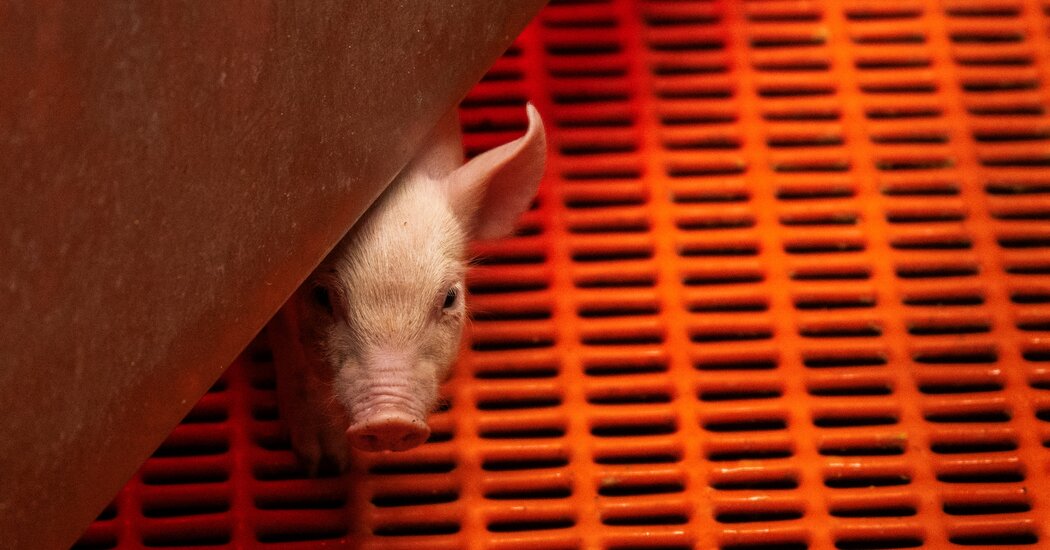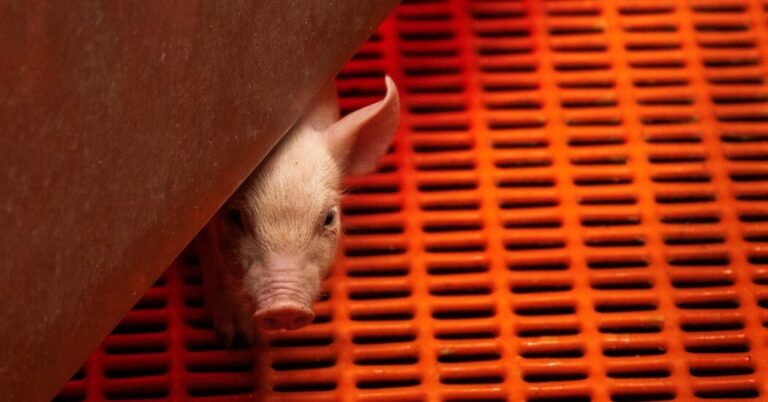The Us Food and Drug Administration has given the green light to two biotechnology companies for clinical studies that transplant genetically modified pig bodies in people with renal failure. In case of success, these studies could lead to the wider use of transparently transplantation, a dream of medical scientists for centuries.
One of the companies, United Therapeutics Corporation, will begin its experimentation with six patients, but that number could possibly go up to 50. The other, Egenesis, said he would start with three patients and grow the study from there.
“We are entering a transformative era in organ transplantation,” said Mike Curtis, president and CEO of Egenesi.
Over the past three years, five patients are known to receive organs from pigs designed by these companies: two who have received hearts and three who have received kidneys. But these surgical interventions were not part of a formal clinical experimentation. Most patients were seriously sick and their transplants were allowed because they had exhausted other treatment options.
The longest survivor to date is Towana Looney, a 53 -year -old woman from Alabama who received a pig kidney at the Nyu Langone Health in New York City in November. The other four organ recipients, who were much sick when he suffered the transplants, died shortly after the procedures.
More than 550,000 Americans have kidney failure and require dialysis, and about 100,000 are in a waiting list to receive a kidney. But there is an acute deficiency of donated organs, with less than 25,000 transplants made in 2023. Many people die while waiting.
Even if the genetically modified pork organs are proven and effective, it is not clear what they would cost and if they would be covered by the insurance.
The United Therapeutics study, which should start in the middle of the year, will start with six patients who have been in dialysis for at least six months but have no other serious medical problems. There will be a three -month waiting period between each transplant so that doctors can learn from the results.
If the first six transplants are successful, the study will expand to include up to 50 participants in what is called a phaseless experimentation – a type of study that combines traditional phase 1, phase 2 and phase 3 ‘approval.
Patients will be monitored for 24 weeks and will have to agree on regular follow-ups for the rest of their lives, allowing researchers to verify not only their health states, but also for pathogens that could cross the pigs to humans.
The critics raised concerns about the potential for known or unknown pathogens in pigs to be poured into the human population during these transplants, although the risk is believed to be small. Both companies raise their pigs in structures without pathogenic agents who adhere to rigorous biosyphicness protocols and regularly project animals for pathogens.
Medical ethics have also raised questions about how patients can fully consent to such experiments when there are so many unknown risks.
In a worst scenario, the recipient of the organ of an animal “could be infected with a pathogen not detected by the Sine source”, said Christopher Bobier, associate professor specialized in bioethics and health policy at the Central Michigan University College of Medicine.
He also said it was difficult to explain these risks for someone who deals with the exhausting nature of renal dialysis, which plans to be connected to a dialysis machine for three or four hours a day, three times a week. “Saying no would be incredibly difficult,” said dr. Bobier. “Taking completely grasping the permanent implications of that decision would be even more difficult.”
The kidneys produced by United Therapeutics come from pigs that have undergone 10 gene changes to improve the compatibility of their organs with human guests: six human genes have been added and four pigs have been inactive – one that limits the growth of the organs and Three that can cause human refusal.
Egenesis pigs have undergone 69 gene changes, including changes in 59 genes to inactivate viruses that are integrated into the pig genome.
The Egense study will begin with three patients with renal failure who is unlikely who receive a human organ within five years, said Dr. Curtis. There will be a period of waiting for six months between the first and second patient, and then a three -month break before the third, said the company.





